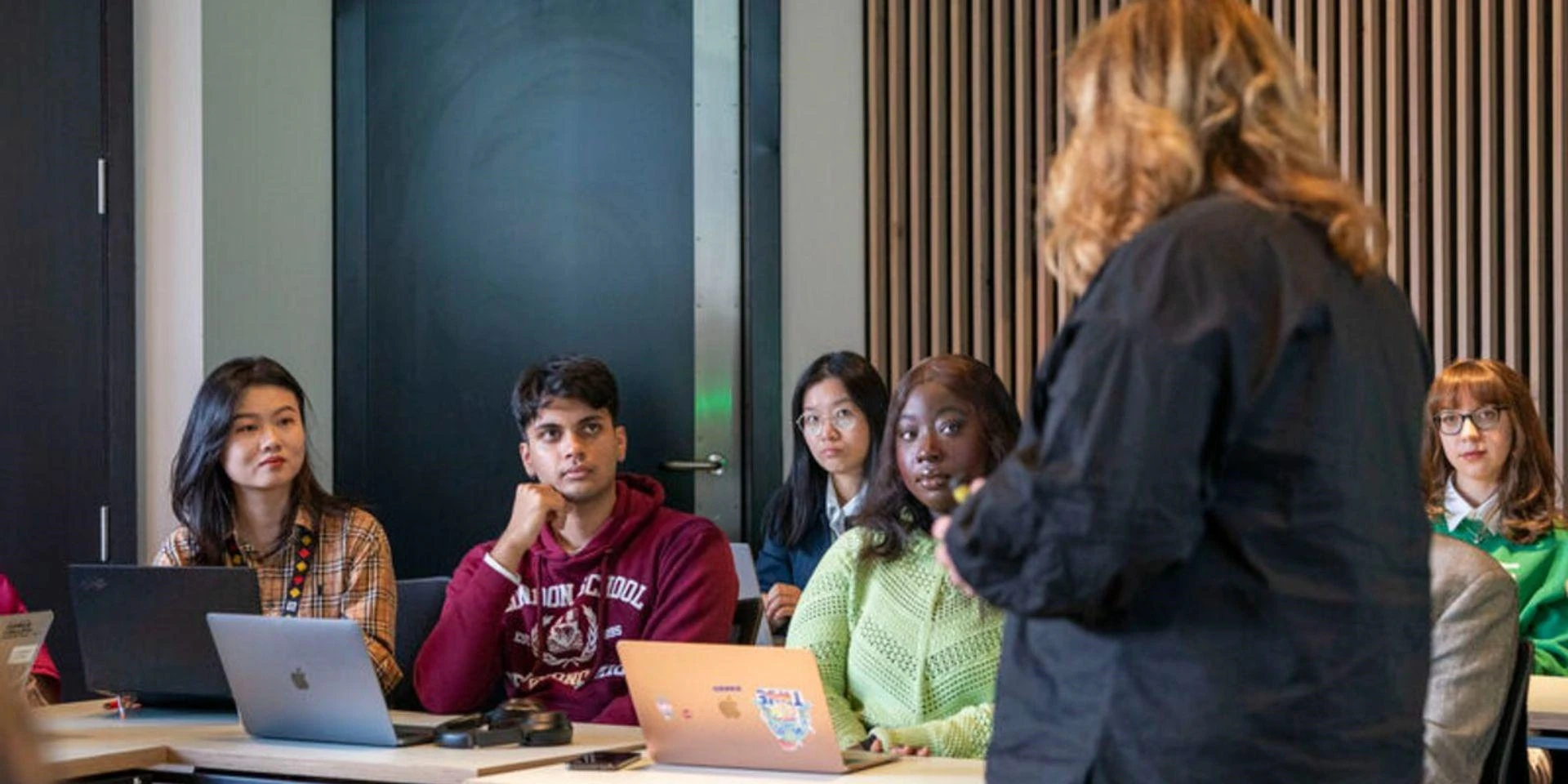Training and workshops

Learn about our open research training and events programme.
Our Open Research Services team organise a number of training sessions, both online and in-person, throughout the year. These sessions cover a range of information and tools you need to know as an LSE researcher.
Open Research Working Group events
The Open Research Working Group (ORWG) events are academic-led and usually feature a panel of researchers discussing a topic related to open research with time for audience questions at the end. If you have a suggestion for a panel discussion, get in touch.
Sign up to open research events via our Eventbrite
PhD Academy training
Working with the PhD Academy, the Open Research team delivers training that supports the academic and professional development of PhD students at LSE.
Find upcoming events on the booking system
RISe training
Led by the Research and Innovation Division, the RISe programme is designed to enhance your research skills throughout your career and the research lifecycle.
View upcoming open research sessions from RISe
Research data one-to-one support
Every Tuesday 11am to 12pm during term time.
Come meet the team of experts on research ethics, data management, data protection, and copyright — no question is too silly (and no planning is too early!).
This is not a workshop or a taught session — but a chance to bring any questions you wish to discuss. Because everyone will be seen individually in order to provide personalised advice, you may be asked to wait for a few minutes until someone is available to speak with you.
Email us or book a one to one research data support session.
Contact us to arrange a bespoke session
If you’d like us to arrange training on something not covered on this page, or a bespoke session for your department or research centre, just get in touch by email: